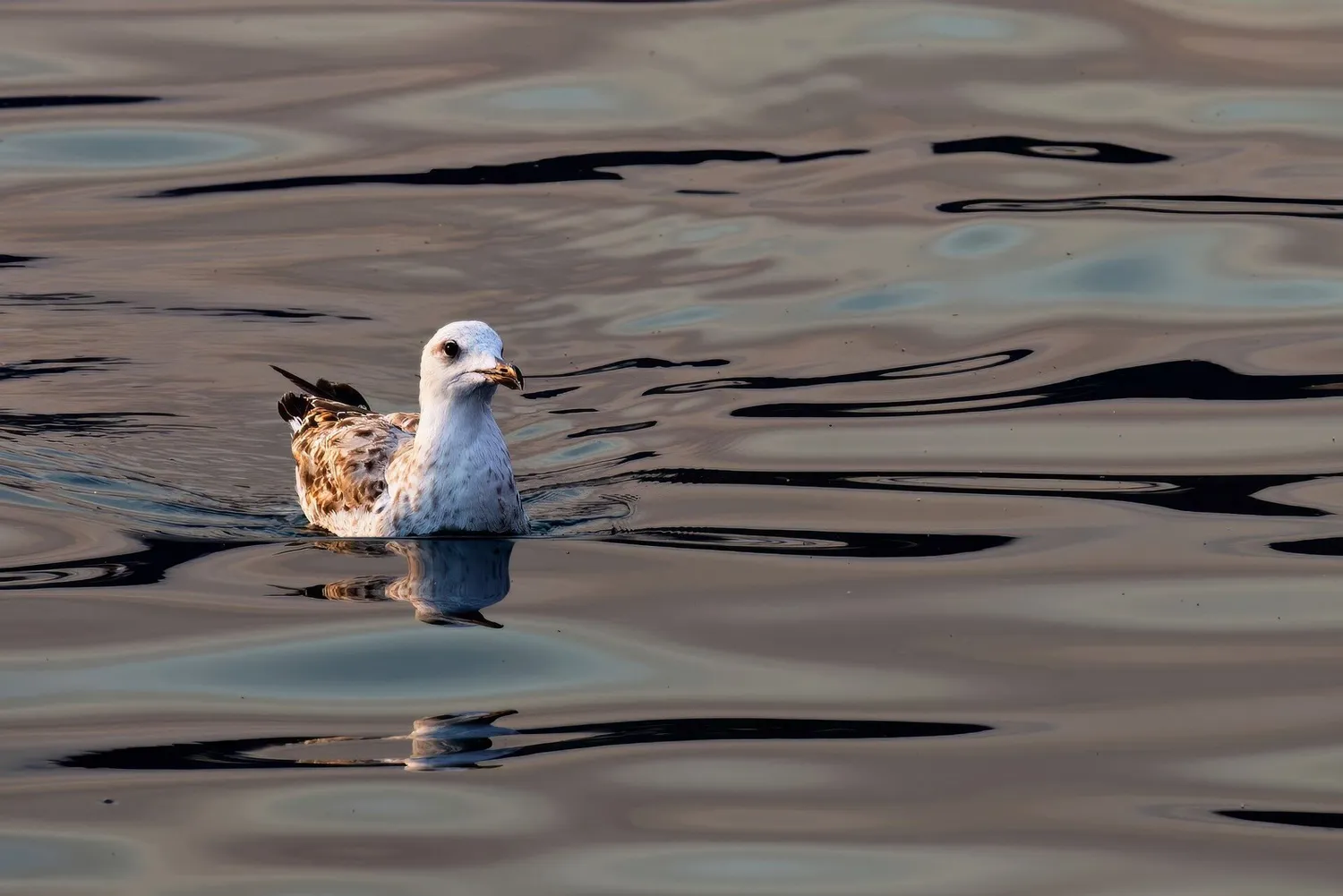Upper surface of coastal waters can accumulate bacteria and antibiotics

In new research presented at ASM Microbe 2024, scientists find antibiotics in the uppermost water surface can significantly affect the number of bacteria present and contribute to the adaptation of marine bacteria against widely used antibiotics. The research was carried out in Jade Bay, Southern North Sea, Germany.
The scientists tested the susceptibility and resistance of marine bacteria to the antibiotics - ofloxacin, clindamycin, clarithromycin, and novobiocin ase these antibiotics were generally found in this area of coastal water. The results showed that 70% of marine bacteria had developed resistance to ofloxacin, 95% to clindamycin, 58% to clarithromycin, and 100% to novobiocin, which had the highest concentration in the environment. These findings highlight concern for antibiotic resistance in marine bacteria.